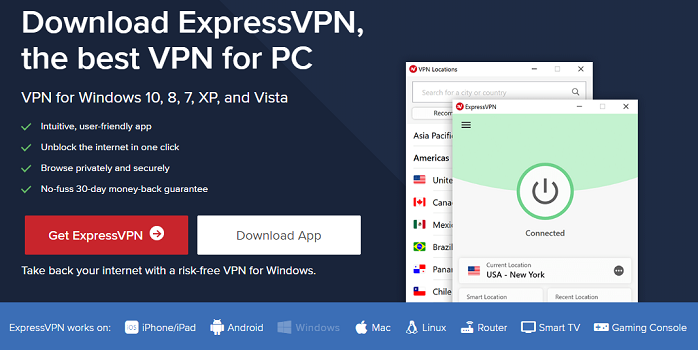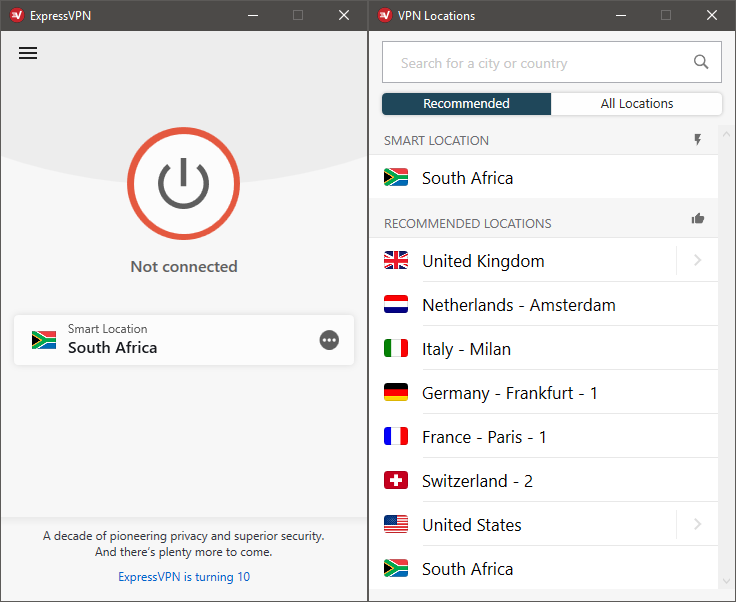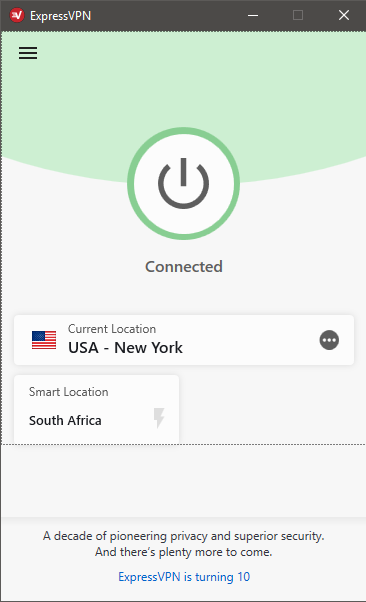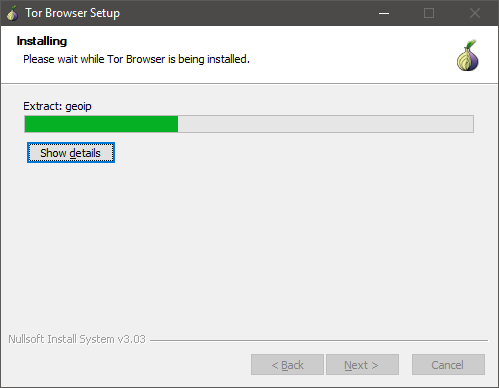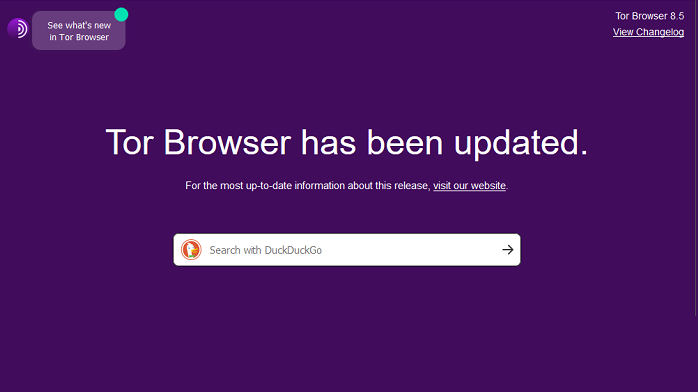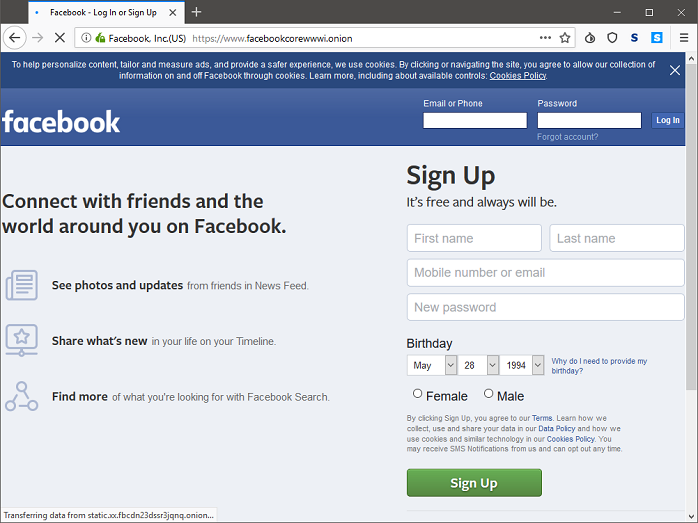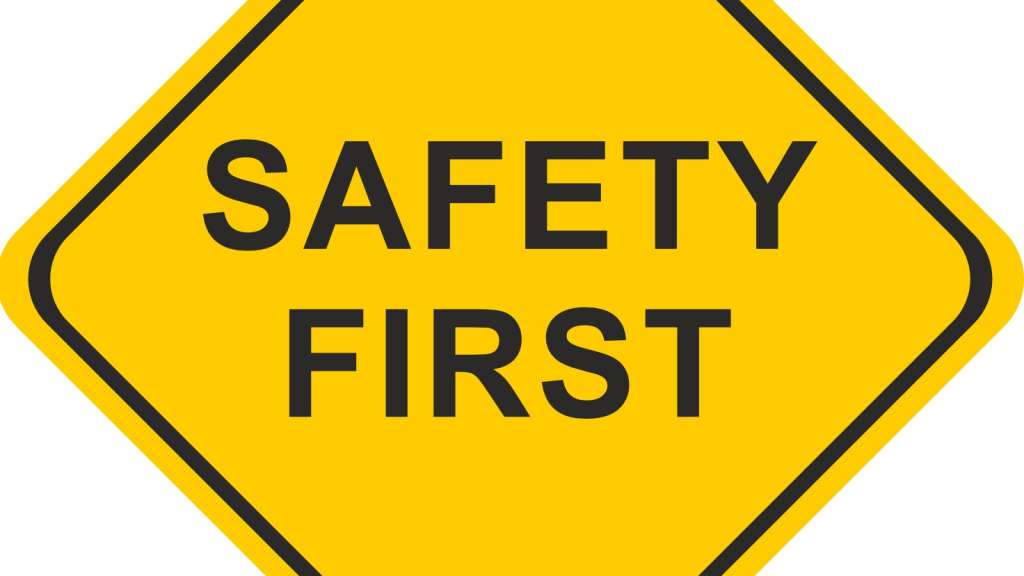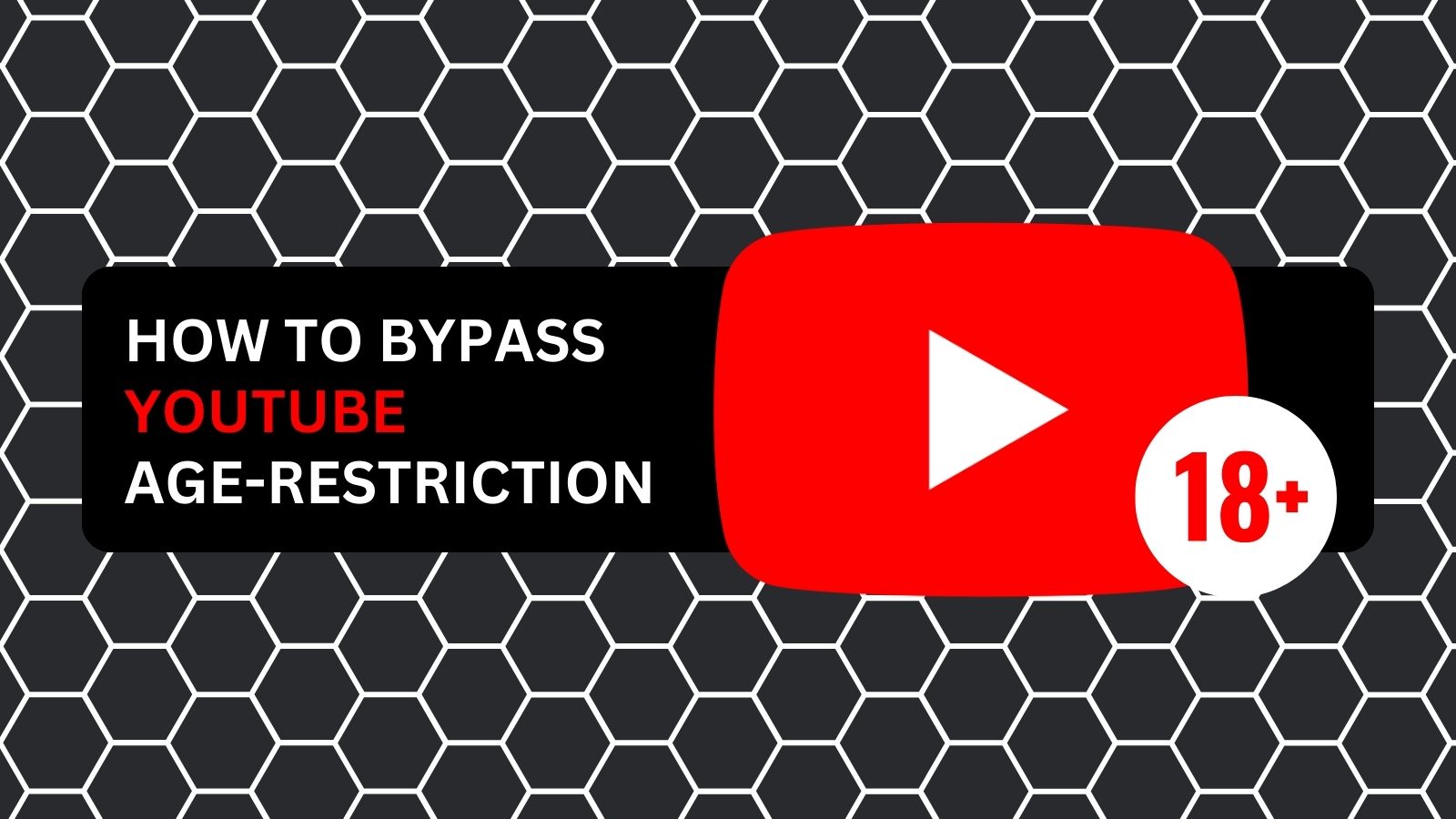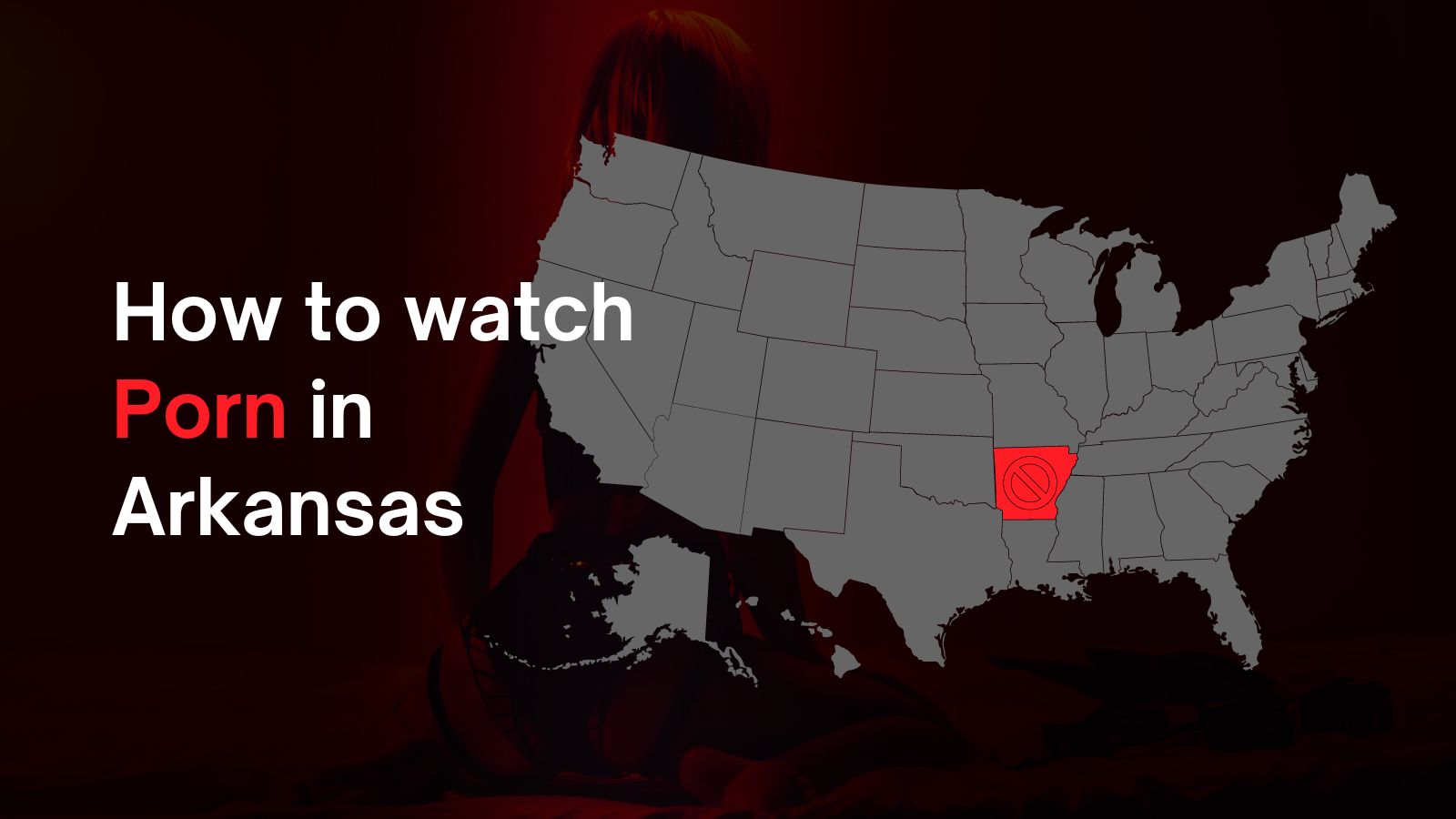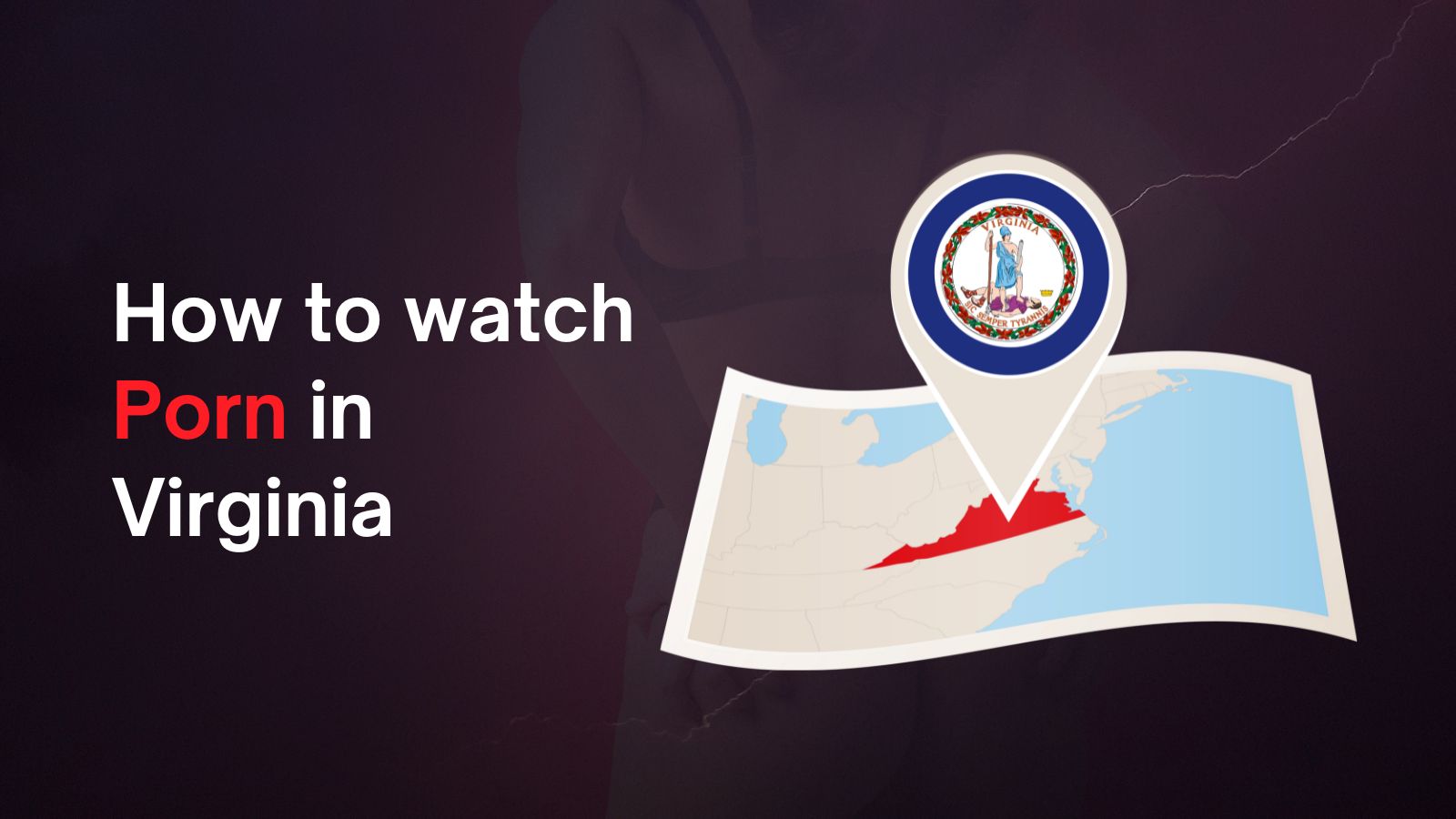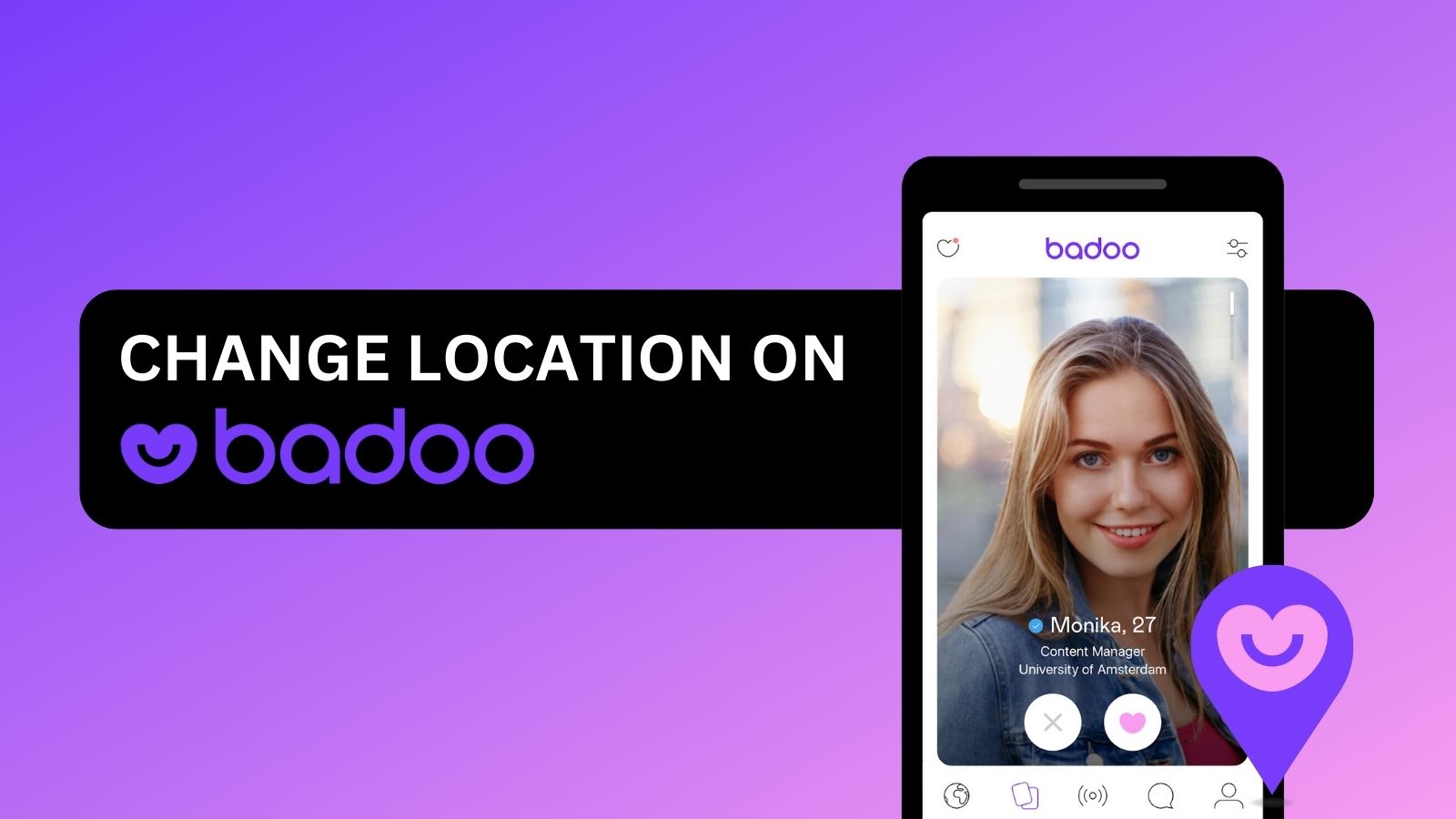
When you purchase through links on our site, we may earn an affiliate commission. Here’s how it works.
How To Access Dark Web: A Straight Forward Approach
The Dark Web seems like a mysterious place if your only experience of it is through the lens of the mainstream media. You may think that only the most advanced, hacker gods have the skills needed to move around the hidden network of sites we are so often told to fear.
The truth is that what most people call the “Dark Web” is actually very easy to access. In fact, it’s not much harder than loading a website on your normal web browser, after you learn how to do it.
So, in this article, we are going to look at what you need to do. However, be warned! We take no responsibility for what you do on the Dark Web. There’s a lot of illegal stuff on the hidden network, and if you choose to participate in any of that the consequences are on you. If you want to access the dark web then follow these 3 simple steps.
Step 1: Get the Right VPN!
The very first thing you should do before accessing the Dark Web is to get a good VPN. While the technology that's used to access the Dark Web makes it almost impossible for your ISP to know which websites you are accessing and what you do there, they still know that you are accessing the Dark Web in the first place.
In many countries that could be enough to draw the attention of the government or prompt your ISP to quietly start logging when you access Dark Web sites, how much you download and how long you are on there. That sort of information can later be cross-referenced with certain Dark Web activities and link you to it.
A VPN (Virtual Private Network) masks what you are doing with your internet connection so that the ISP can’t tell the difference between accessing Tor or just browsing Facebook.
What to Look for in a VPN?
We can spend a lot of time going into the finer details of picking the right VPN, but there are some key considerations you should think about before pulling the trigger on anyone specific VPN.
The most important thing to think about is how a specific VPN treats your privacy. Remember that, although the VPN hides your activity from your ISP, the VPN itself can see what you are doing. So if your VPN has a bad privacy policy you could end up no better than before.
The best VPNs don't keep any logs on what you are doing and only take notice of the very minimum info needed to make the service work. So even if the company providing the VPN gets hit with a court order, they simply won't have the information to hand over.
If two VPNs both have equally good privacy policies, then you'll want to look at what you actually get for your money. A VPN usually lets you choose which country or region of a country you want to appear from. Which, incidentally, is also useful for getting around geographic restrictions. The more countries the VPN has a presence in, the better the network generally is. You also want a VPN with healthy server counts spread across the most popular digital locations in the world.
Other factors include having enough concurrent connections so that you can have enough devices under its protective umbrella. Having dedicated apps on the platforms of your choice is, of course, a strong recommendation.
For the purposes of this article, I've picked ExpressVPN to demonstrate how to install and activate the VPN connection. ExpressVPN is one of the biggest names in VPN service provision and is pretty easy to use. The broad steps outlined here do however apply to most modern VPN solutions.
Installing and Using a VPN
We're going to show you the procedure to use ExpressVPN on Windows since it's the most popular desktop OS, but you can find instructions for each platform that ExpressVPN supports on their website.
- You don't need to sign up for a VPN subscription to download the Windows app. Just head to this link and get your copy of the Windows app.
- Now, run the installer you've downloaded, following the steps outlined in the Wizard.
- At the end of the installation, you have the option of entering your key if you already have a subscription or starting a new subscription if you don't. At this point, you can go ahead and click on "buy a subscription", which will take you to the signup page. Once you have your key, paste it into the field and click "Sign in".
- You'll see the app above, click the three dots and a list of servers will pop up. Pick whichever country you want to appear from, although picking a server close to your real location will provide the best performance, without actually compromising your privacy.
- With your desired server selected, all you have to do is click the big power button and wait for the green confirmation.
- Now that we are connected to our VPN server, we can move over to the issue of actually browsing the Dark Web.
Step 2: Download and Install TOR Browser
Most Dark Web sites are accessed through something called the Tor Hidden network. You need a specially configured web browser to access this network. The best way to get this browser is from the source.
- Simply go to the Tor Browser Download Page and get the right version of the browser for your computer operating system.
- You’ll notice that the Tor Browser is actually a modified version of Firefox. It’s very important that you don’t mess with the configuration of the Tor Browser. The people who have created it have been very careful to maximize security and privacy. Only people who absolutely know what they are doing should be messing around in the guts of the software. We'll be using the Windows version here, so just click on the right link and wait.
- After downloading the installation file, run it and follow the instructions in the wizard. It is very straightforward. While the installation is happening, the Tor network service will also be installed. On Windows, this will make a new icon appear in the notification tray. That icon is important because it also indicates when a secure connection to the Tor network has been made.
- Once the installation is complete, just run the browser the same way you would run a normal browser. The startup will be different in the sense that you'll see this connection status screen first.
- Once this process is done, you'll see this screen, the main browser window.
- If you type the address from a normal website (e.g. technadu.com) into the address bar, it will work as usual. The difference is that no one watching you (such as your ISP) know which sites you are visiting. At the same time, the sites themselves don’t know who you are or where you are accessing them from. Unless you log in that is. This is actually the main intended purpose of Tor, to give people a private way of accessing the surface web.
- You can test an onion address right now since Facebook actually has an official onion address that's perfectly safe to visit. The address is facebookcorewwwi.onion.
- Now that you have the protection of a VPN and you have your browser set up, you need actual pages to visit. So let's look at what you need to do in order to search the Dark Web.
Step 3: Searching the Dark Web
To visit a site on the Tor Hidden Network, you need its "onion" address. Confused? Let me explain.
An “onion” address is a series of randomized characters followed by “.onion”. Unlike a URL or IP address, an onion address does not tell you where in the world a site is. It’s only after passing through that Tor magic that communication between you and that site is established.
So how do you actually find the onion addresses of sites that you want to visit?
The Hidden Wiki
The simplest way is to head over to the Hidden Wiki. It's a surface web site that lists onion addresses. At least, it lists the last known address that worked. Dark Web sites tend to change their addresses. In fact, the new site may not even be by the same people.
Reddit Can Help
If you don't find what you need on the Hidden Wiki, you may have more luck hitting up Reddit, specifically r/onions. People who discover or create their own onion sites will list or promote them here. You can also check out /r/Tor and /r/deepweb.
Dark Web Search Engines
Finally, there are now search engines for the Dark Web. However, don't expect something as efficient as Google on the surface web. DuckDuckGo is a great all-around choice and you can also use it to privately search the surface web, making it perfect for finding openly listed onion addresses.
Tips for Accessing the Dark Web Safely
The Dark Web isn’t hard to access, but that doesn't mean it’s a safe place to be. We have a whole article on Dark Web safety that you should definitely read, but here are some basic tips that will help you steer clear of the most common issues.
What You SHOULD Do?
If at all possible, you should also make use of Tails, which is a special temporary operating system that doesn’t keep any record of what you do while on the Dark Web. When you reboot the computer, it all just disappears.
If you are going to use cryptocurrency, make sure you understand how the anonymity limits of that particular currency work. For example, you should never use the same Bitcoin address for Dark Web and surface web transactions.
The last main good piece of advice we can give is to be careful when conducting searches related to things like onion addresses using the surface web. You’d be better off accessing surface web sites through Tor using a VPN, the same thing you’d do to visit actual Dark Web sites. Why? Well, search engines like Google and most modern surface web sites keep meticulous records of what you do on the internet. Tracking that can follow you wherever you go.
Speaking of which, try to use private search engines such as DuckDuckGo whenever possible. This helps you avoid the all-seeing eye of Google and its ilk.
What You SHOULD NOT Do?
There’s a long list of things that are a bad idea to do on the Dark Web and our aforementioned article on Dark Web safety covers almost all of it. The most important things you need to avoid doing are pretty easy to summarize though.
You should never do on the Dark Web is believe what you are told without thinking about it critically first. Most importantly, you should refrain from doing anything on the Dark Web which is illegal in your country. Remember, in general, it is not illegal to simply access the Dark Web. It's what you do there that determines if you could get in trouble. While we can't dictate to our readers, we strongly advise that you steer clear of illegal activities.
The Internet Should Be Free
The early days of the web and public access to the internet were characterized by anonymity and freedom of speech. Since the advent of social media and global online shift for just about anything, the powers that be have started to dislike that idea. While the surface web is not starting to become staunchly anti-anonymous, the Dark Web is keeping that principle alive. Yes, some people may use that fact to step over the line. However, without such protected space whistleblowers and radical thinkers will never get the word out. Unfortunately, you need to take the bad with the good, when you stick to your principles.
Seen anything interesting on the Dark Web? Or would you never go there? Let us know in the comments. Lastly, we’d like to ask you to share this article online. And don’t forget that you can follow TechNadu on Facebook and Twitter. Thanks!

